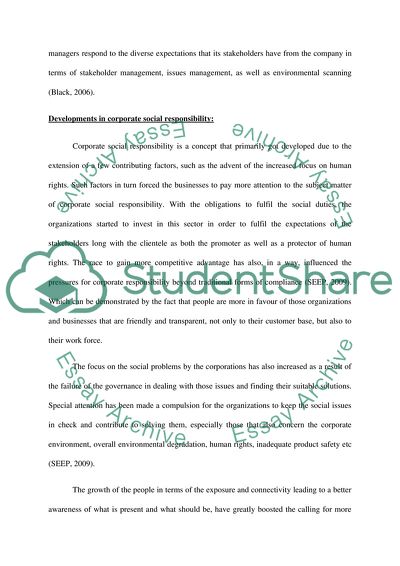Cite this document
(“Challenges in Corporate Social and Environmental Accountabilities Term Paper”, n.d.)
Challenges in Corporate Social and Environmental Accountabilities Term Paper. Retrieved from https://studentshare.org/sociology/1743052-corporate-social-responsibility-accountability-and-reporting
Challenges in Corporate Social and Environmental Accountabilities Term Paper. Retrieved from https://studentshare.org/sociology/1743052-corporate-social-responsibility-accountability-and-reporting
(Challenges in Corporate Social and Environmental Accountabilities Term Paper)
Challenges in Corporate Social and Environmental Accountabilities Term Paper. https://studentshare.org/sociology/1743052-corporate-social-responsibility-accountability-and-reporting.
Challenges in Corporate Social and Environmental Accountabilities Term Paper. https://studentshare.org/sociology/1743052-corporate-social-responsibility-accountability-and-reporting.
“Challenges in Corporate Social and Environmental Accountabilities Term Paper”, n.d. https://studentshare.org/sociology/1743052-corporate-social-responsibility-accountability-and-reporting.


